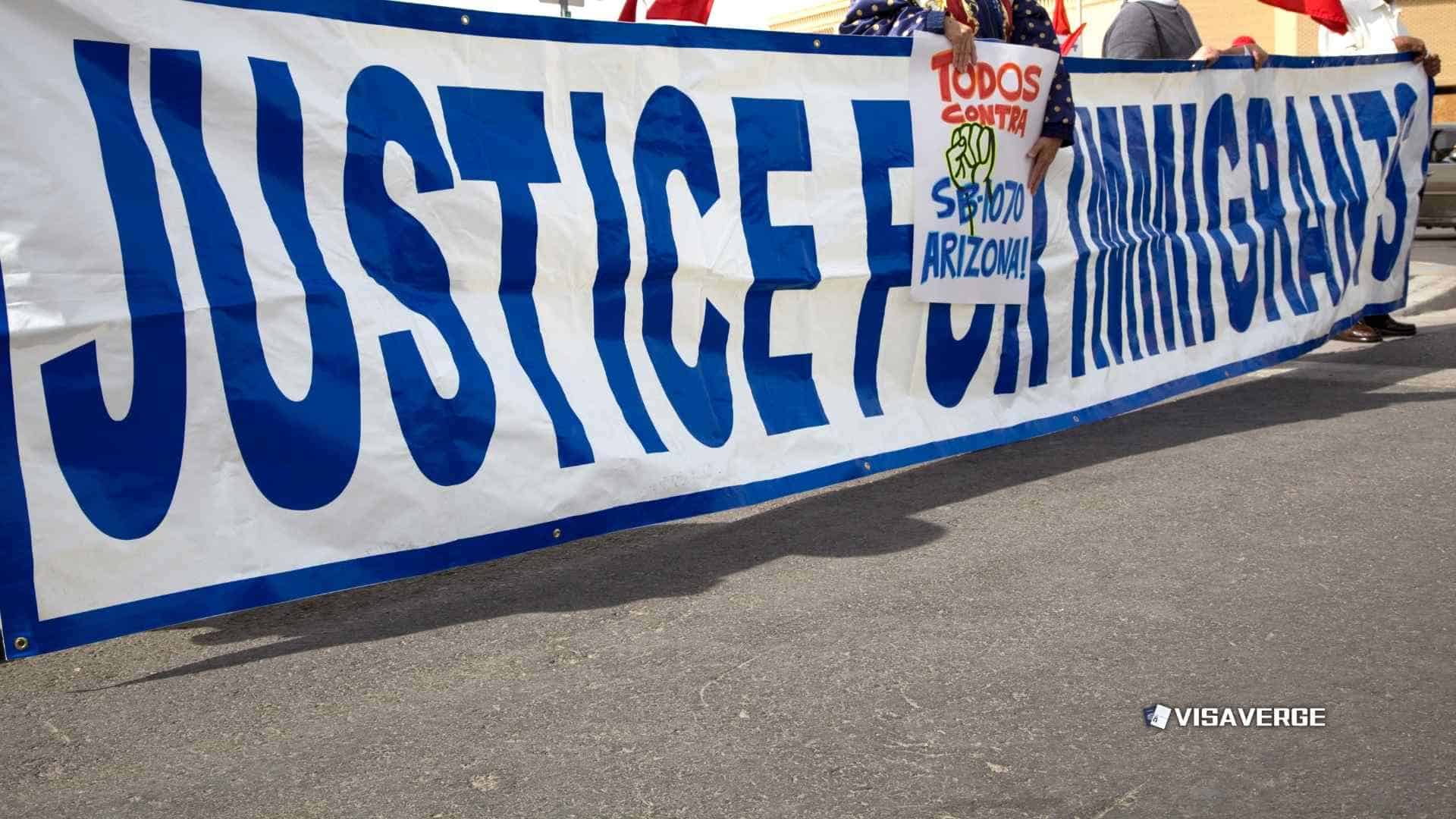Five Democratic Maryland congressional leaders were denied entry to the Baltimore ICE detention facility at the George H. Fallon Federal Building on July 28, 2025. This action comes amid serious allegations of inhumane conditions, sparking legal battles, congressional oversight efforts, and growing public concern.
The lawmakers, including Rep. Kweisi Mfume, tried to inspect the Baltimore ICE detention facility after citing a 2024 federal law they say gives them inspection rights. Nikita Baker, acting ICE field office director, blocked their entry without giving a reason. The White House and Maryland’s only Republican congressman, Andy Harris, supported ICE’s decision, calling the lawmakers’ attempt political theater.

Complaints about the facility have increased for months. Detainees report overcrowding—over 20 men in a 12×12 foot cell—no beds, lack of privacy, poor food and water, and no access to medical staff. Some say they sleep sitting up or on foil blankets, with lights on all night. There is no food service contract; ICE staff prepare sandwiches or buy fast food, served at irregular times. Detainees cannot see outside or track time, which adds to stress.
ICE policy says people should not be held in these “hold rooms” for more than 12 hours. However, reports show average stays of 36 hours, with some held for over a week. At times, up to 54 people have been held at once, far above safe limits.
A class-action lawsuit, filed by the Amica Center for Immigrant Rights and the National Immigration Project, claims the facility violates detainees’ rights and Maryland’s minimum standards. Plaintiffs include two women from Guatemala and El Salvador, both long-term Maryland residents, who lost access to medicine and saw their health worsen while detained. Maryland Attorney General Anthony Brown filed a brief supporting the lawsuit, saying the conditions break state rules.
U.S. District Judge Julie Rubin declined to certify the class on July 25, 2025, but allowed the case to move forward. Congressional staff visited in March 2025 and confirmed many of the complaints, including lack of medical care and poor sleeping arrangements. Oversight remains limited, as ICE currently relies on self-inspections.
For detainees, these conditions mean ongoing health and safety risks, especially for those with chronic illnesses. Lawmakers face barriers to oversight, despite legal authority. ICE faces growing scrutiny and possible intervention from federal or state officials.
According to analysis by VisaVerge.com, the situation in Baltimore reflects a national trend of increased detentions and overcrowding since the Trump administration’s policies. Advocacy groups and lawmakers are pushing for change, including better oversight and improved conditions.
Anyone concerned about conditions or seeking to file a complaint can use the ICE Detention Management Portal. Maryland residents and advocacy groups continue to press for transparency and accountability, hoping legal and legislative efforts will bring lasting improvements for those held at the George H. Fallon Federal Building.
Learn Today
ICE → U.S. Immigration and Customs Enforcement, responsible for enforcing immigration laws and detention.
Detention facility → A place where individuals are held temporarily pending immigration or legal processes.
Class-action lawsuit → A legal case filed by a group alleging common harm or rights violations.
Overcrowding → Holding more detainees than a facility’s safe or legal capacity allows.
Self-inspection → A process where an agency reviews its own operations without independent oversight.
This Article in a Nutshell
On July 28, 2025, Maryland Democrats tried inspecting Baltimore ICE detention. Denied entry, they spotlighted overcrowding, poor care, and legal challenges revealing serious detainee mistreatment and systemic oversight failures at the George H. Fallon Federal Building.
— By VisaVerge.com













